AMD Zen 6 Ryzen Medusa CPUs Allegedly Sport A Blistering Fast 2.5D Interconnect
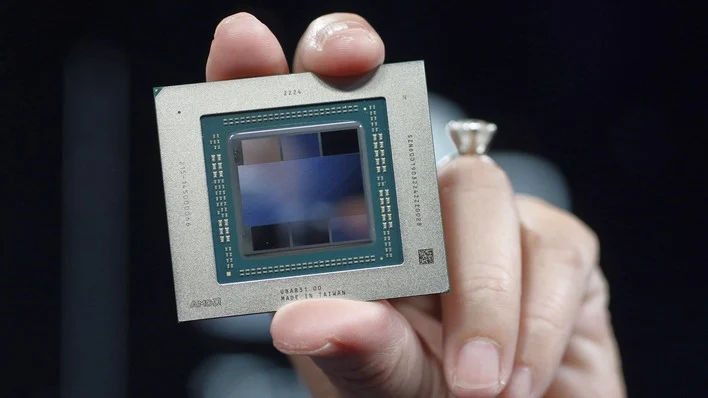
Zen 5 hasn't even arrived yet, but of course AMD is hard at work on designing the next generation after it. According to serial leaker Everest (@Olrak29_ on Twitter), the codename for consumer Zen 6 processors—analogous to "Raphael" for consumer Zen 4 processors and "Granite Ridge" for consumer Zen 5 processors—will be "Medusa".
Medusa, of course, is the name of the youngest of the three gorgon sisters from Greek mythology. She was famously depicted as a woman with snakes for hair, who, if you met her gaze, could turn you to stone. There are a lot of different metaphors you could draw on for naming a processor "Medusa", including multiple cores, or even multiple MCDs. Everest seems to think that Medusa will use a single IOD and two CCDs just like extant Zen processors, though. We say that because of this tweet, where he highlighted an edited image that he previously shared along with the remark that "Medusa will use 2.5D interconnect with a much higher bandwidth." In other words, at least according to Everest, Zen 6-based consumer processors will be built in a manner rather like high-end RDNA 3 GPUs.
As you'll know if you read our RDNA 3 Architecture Overview, AMD went to great lengths to develop a high-speed link for the GCD and its MCDs in Navi 31. Known as "Infinity Links", they operate at nearly 10 times the bandwidth of the link between a Ryzen or EPYC cIOD and its CCDs. AMD gave the figure of 5.3 TB/second peak bandwidth between GCD and MCDs.
Interconnect performance is not usually a limitation for desktop Ryzen processors, but for EPYC, in dense multi-threaded workloads, it certainly could be. We doubt anything on the order of 5.3 TB/second will show up on a desktop Ryzen processor, but we wouldn't be surprised if the Zen 6 cores in "Medusa" are indeed able to communicate much more quickly with the I/O die and thus the rest of the system.
There's not likely to be any verified leaks of Zen 6 until late this year or early next year, as the parts aren't expected to appear until late 2025 at the earliest. Still, it's interesting to speculate about what may come in the future. For now, we're pumped to see AMD's next-generation parts, as Zen 5 is supposedly a full rework of the Zen core design over Zen 4. We'll see soon enough.

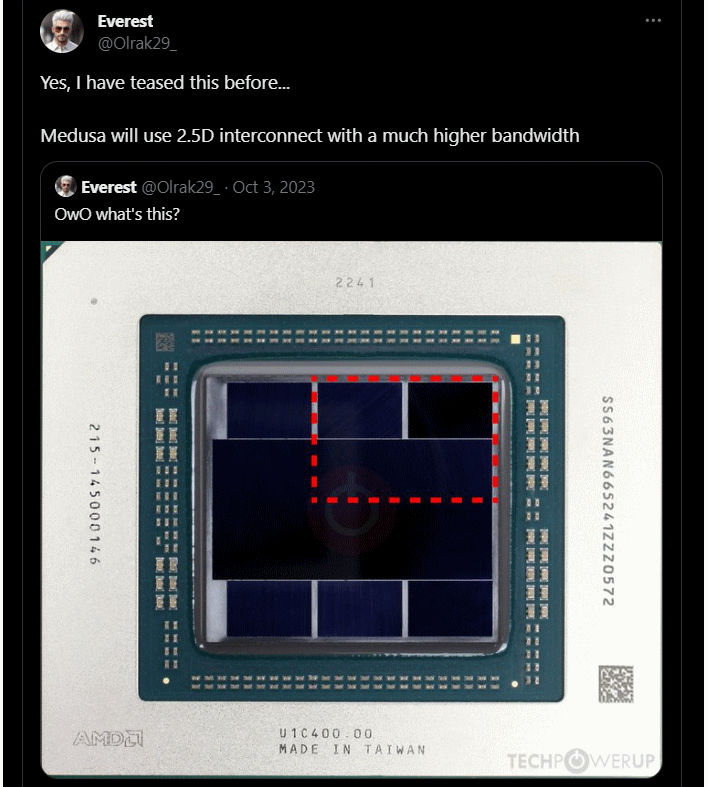
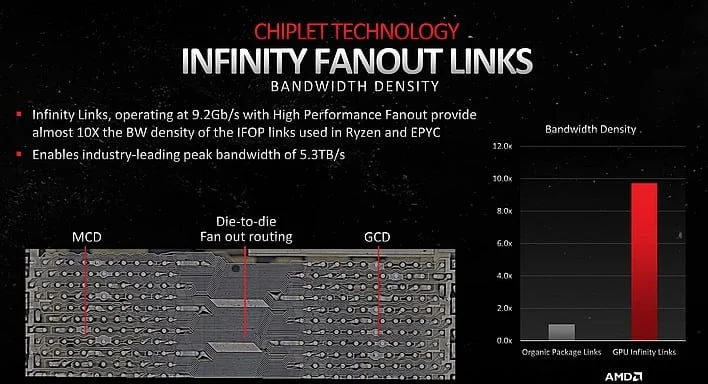
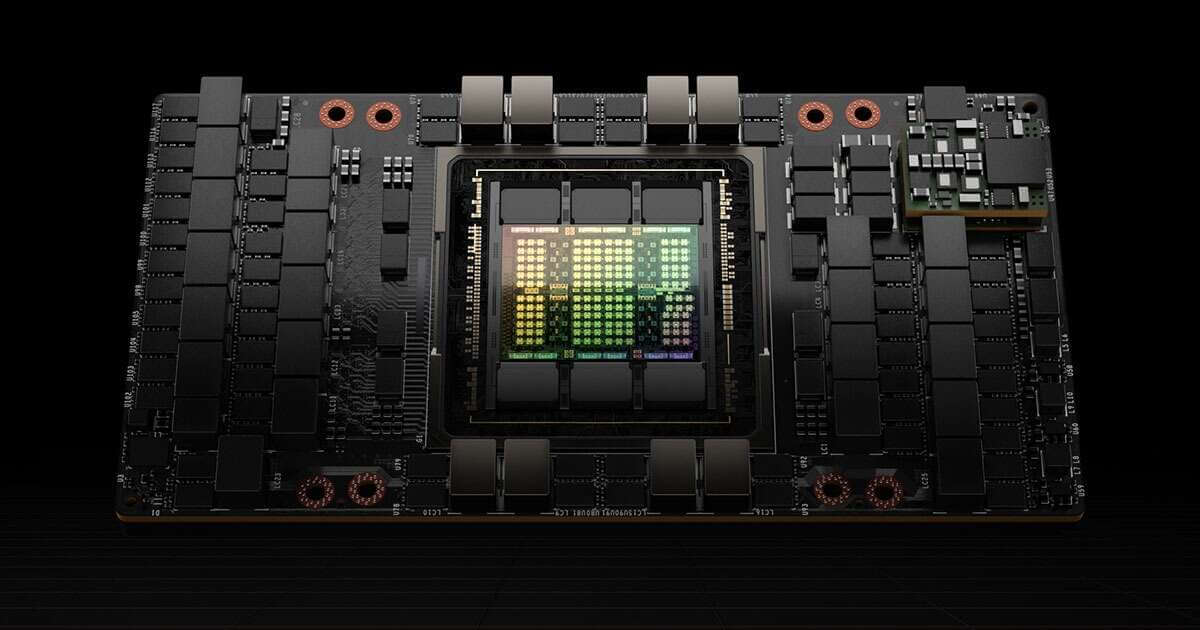
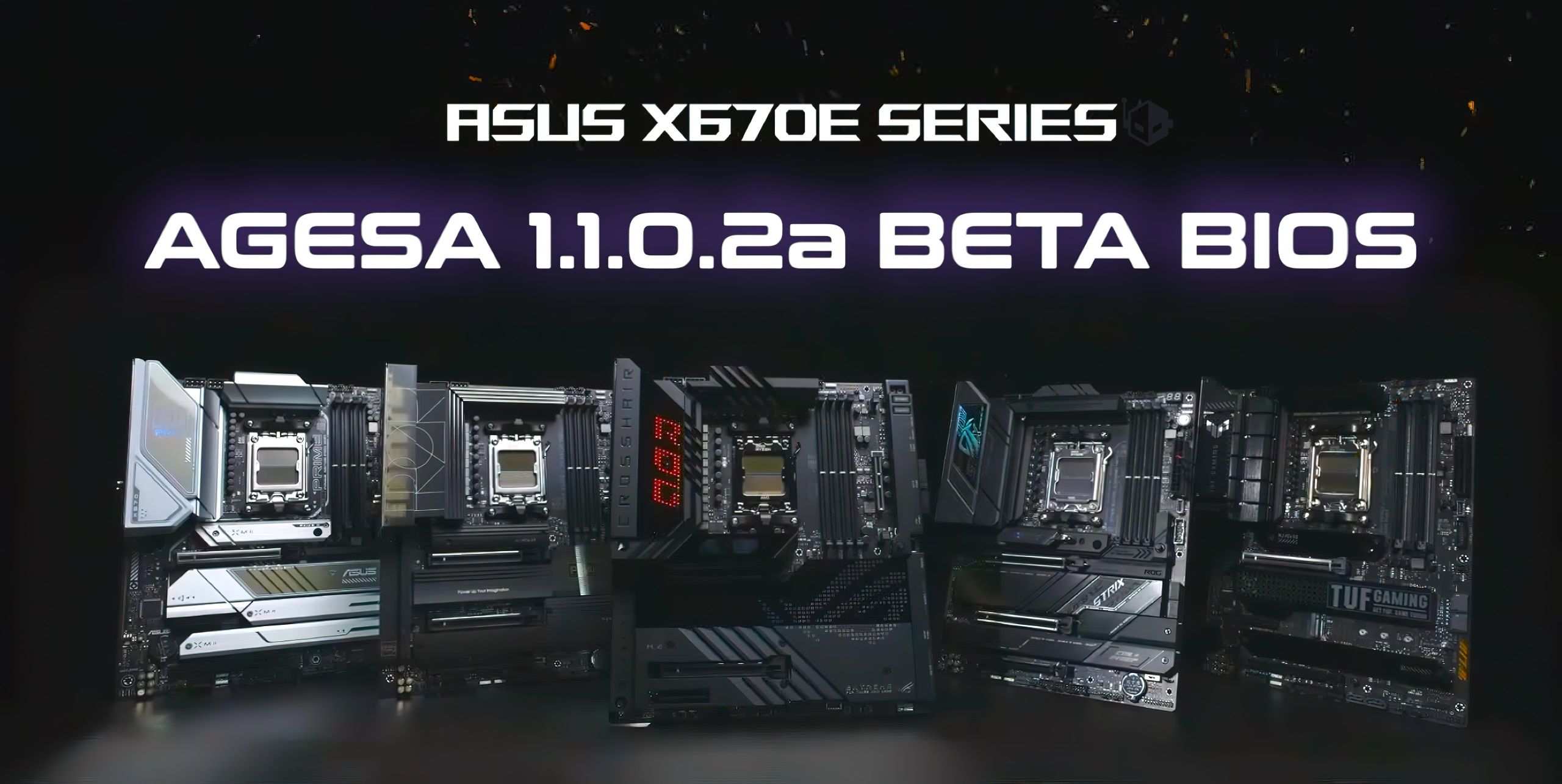

Comments ()